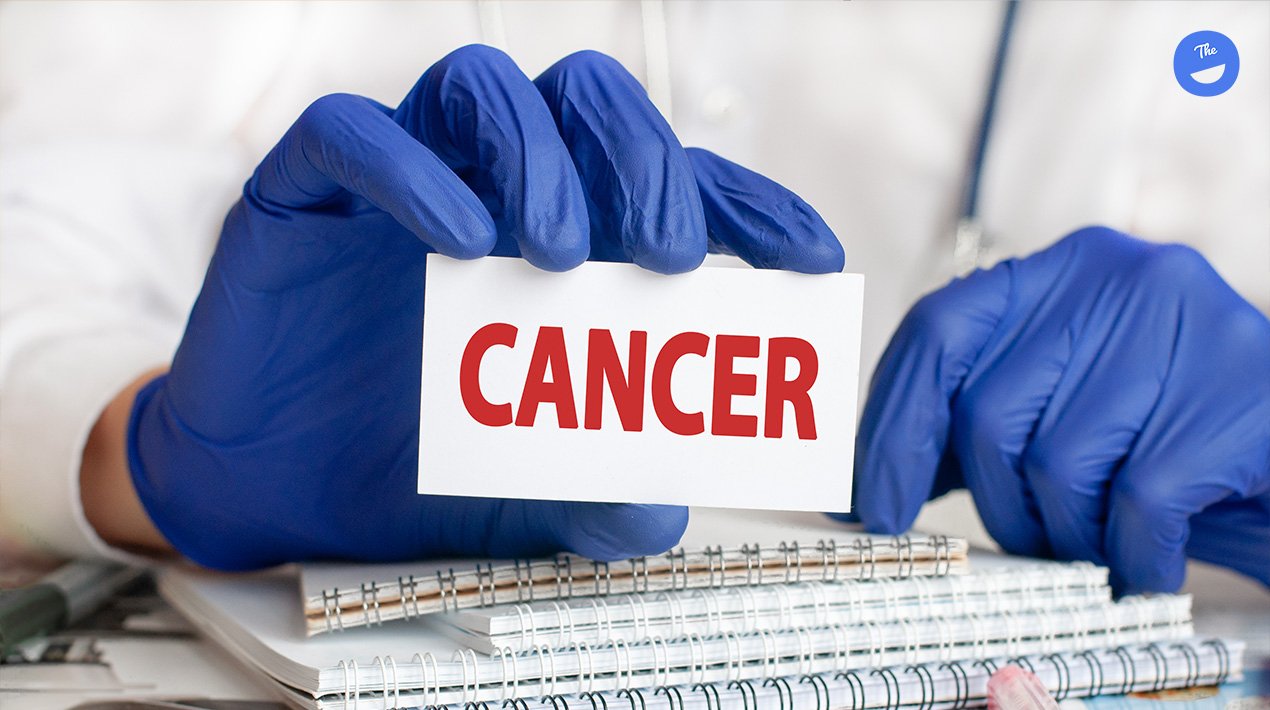Table of Contents
Introduction
The number of under-50s worldwide being diagnosed with cancer has risen by nearly 80% in three decades, according to the largest study of its kind.
Global cases of early-onset cancer increased from 1.82 million in 1990 to 3.26 million in 2019, while cancer deaths of adults in their 40s, 30s, or younger grew by 27%. More than a million under-50s a year are now dying of cancer, the research reveals.
Experts are still in the early stages of understanding the reasons behind the rise in cases. Diets, alcohol and tobacco use, physical inactivity, and obesity are likely to be among the factors. In just three decades, the number of people under 50 receiving a cancer diagnosis has increased by about 80% globally, according to the largest study of its type.
Between 1990 and 2019, the number of instances of early-onset cancer worldwide rose to 1.82 million, while the number of cancer deaths among persons in their 40s, 30s, or younger climbed by 27%. According to the report, more than a million under-50 people die from cancer every year.
Cancer types
Researchers examined 14 malignancies that are detected more frequently in persons under 50 years of age:
- Breast cancer
- Colorectal cancer
- Endometrial cancer
- Esophageal cancer
- Extrahepatic bile duct cancer
- Gallbladder cancer
- Head and neck cancer
- Kidney cancer
- Liver cancer
- Multiple myeloma
- Pancreatic cancer
- Prostate cancer
- Stomach cancer
- Thyroid cancer
Age is one of the most prevalent risk factors for cancer that we are unable to change. As we age, our chance of developing cancer rises, with an average diagnosis age of 68.
However, a recent study claims that during the past few decades, physicians have observed a sharp rise in the incidence of cancer in persons under the age of fifty. Scientists are looking for, due to the unsettling tendency.
Cancer Rates to Rise in People Under 50
According to researchers, although more people are being screened, more may be needed to account for the rise in early-onset diagnoses fully.
The report’s authors stated that “evidence suggests the earliest phase of carcinogenesis might start in early life or young adulthood, followed by intervals of up to several decades between initial cellular damage and clinical cancer detection.”
Numerous detrimental alterations have been made to our diets, lifestyles, microbiomes, the environment, and obesity since the middle of the 20th century. People may now be experiencing these changes earlier in life, which could increase their susceptibility to cancer at a younger age. According to studies, there is a possibility that the rise in early-onset malignancies is related to the growing trend of chronic diseases that target younger persons.
Reduce Cancer Risk
Promoting healthy diets and lifestyles in children and adolescents, limiting smoking and alcohol consumption in those age groups, and encouraging physical exercise may all be necessary to avoid early-onset cancer.
Improving food production could also benefit consumers by giving them more options than highly processed foods and beverages. Additionally, they assert that government initiatives like taxing beverages with added sugar could help deter bad habits.
Exercise: Maintaining an active lifestyle helps ward off sedentary behaviour. A weekly exercise regimen that is even slightly intense, such as brisk walks, may make a difference.
Keep your weight in check: Obesity and overweight raise the risk of cancer, so keep your BMI below 30.
Avoid smoking: Tobacco smoke contains carcinogens that not only damage the lungs but also enter the bloodstream and raise the risk of malignancies of the digestive system and other organs.
Consume alcohol in moderation: Due to the potential harm that alcohol can do to your cells, no quantity of drinking is safe. Medical experts advise against having more than one alcoholic drink for ladies and two for males every day.
Conclusion
The most prevalent early-onset malignancies are the colon, rectum, stomach, and pancreas. But since most people aren’t examined for cancer until their mid-40s, they can go unnoticed. The study’s results emphasize the necessity of early detection and preventative measures.
Also Read: Best Hiking Destinations in India
Frequently Asked Questions (FAQs)
However, occasionally a cell’s damage accumulates and the cell begins to behave abnormally. At this point, it has the potential to spiral out of control and turn into cancer. Cancer is more likely to occur as we age because damage to our cells has more time to accumulate.
Stress hormones can impede the anoikis process, which destroys sick cells and stops them from proliferating. Prolonged stress also boosts the synthesis of certain growth factors that expand your blood volume.
A cancer recurrence occurs when cancerous cells persist in the body despite all efforts to eradicate the cancer.








